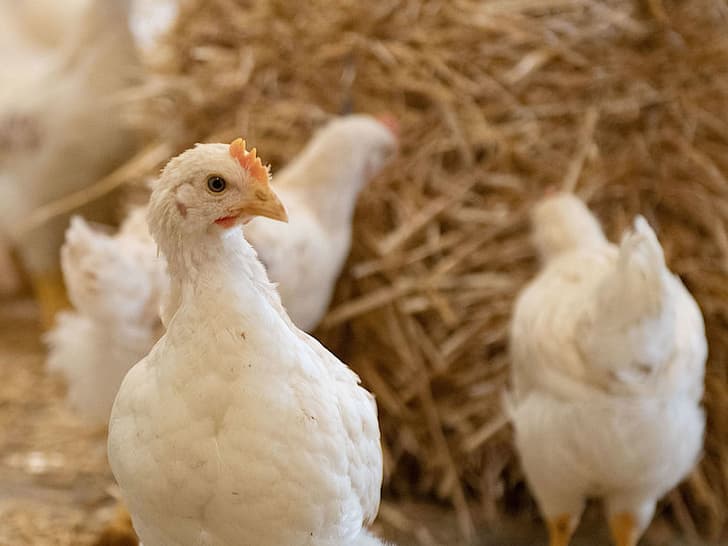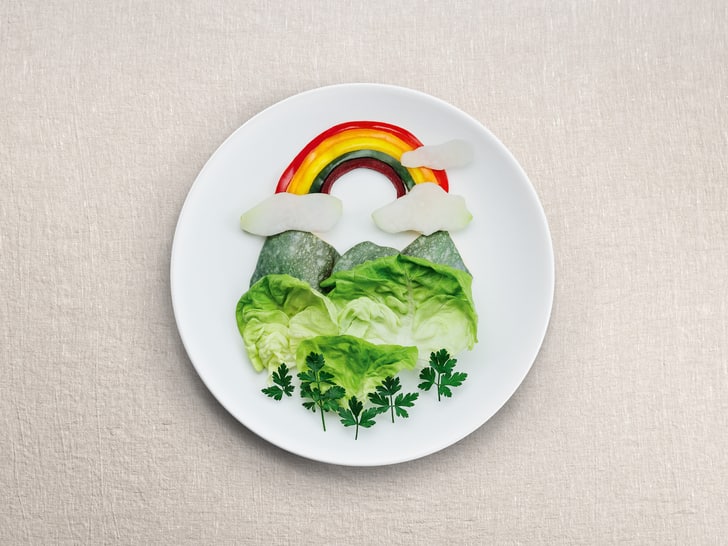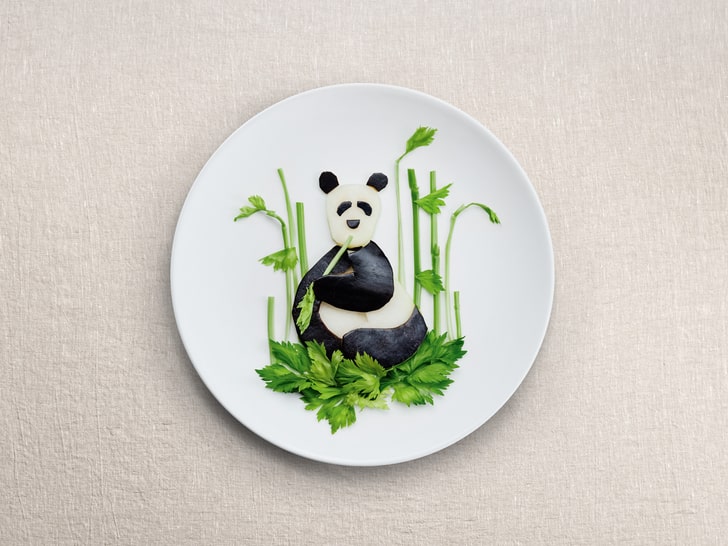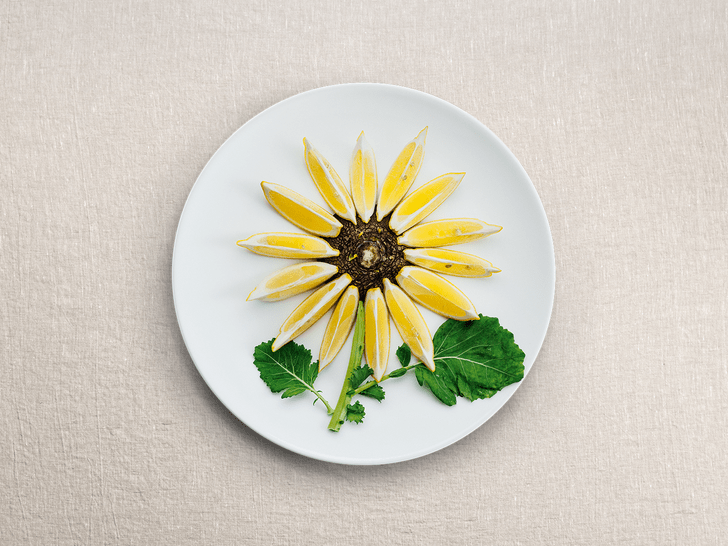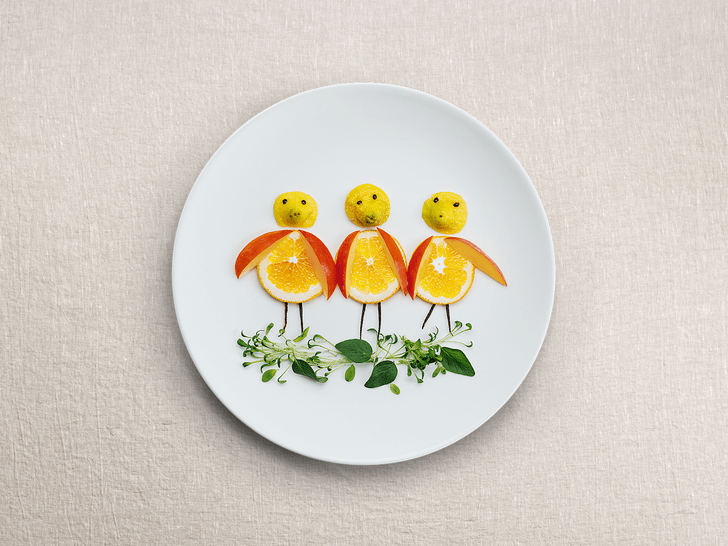Biodiversity
By purchasing products from organic production, we contribute to the preservation of healthy soils, biodiversity and generally sustainable agriculture. In doing so, we focus on the use of IP-SUISSE and organic products.
Examples of our measures
Our IP-SUISSE meadow milk, for example, comes from cows that feed mainly on grass on the pasture in summer and mainly on hay and grass silage in winter. Concentrated feed is fed very sparingly and the use of soy is prohibited. In addition, we are committed to only using fish and seafood that meets the recommendations of WWF Switzerland. To this end, we have our range regularly checked by WWF Switzerland and do not use any products that are classified as "not recommended".
Our facts on biodiversity
- The following products in our restaurants always come from IP-Suisse or organic cultivation: whole milk, natural yoghurt, carrots, white quinoa (IP-Suisse); tofu and bananas (organic)
- We only use fish and seafood that is classified as "highly recommended", "recommended" or "acceptable" according to WWF Switzerland (score 1-3). 80% of our shopping basket comes from the "highly recommended" or "recommended" categories (score 1 - 2).
- 72% of our fish and seafood is MSC or ASC certified (2020)
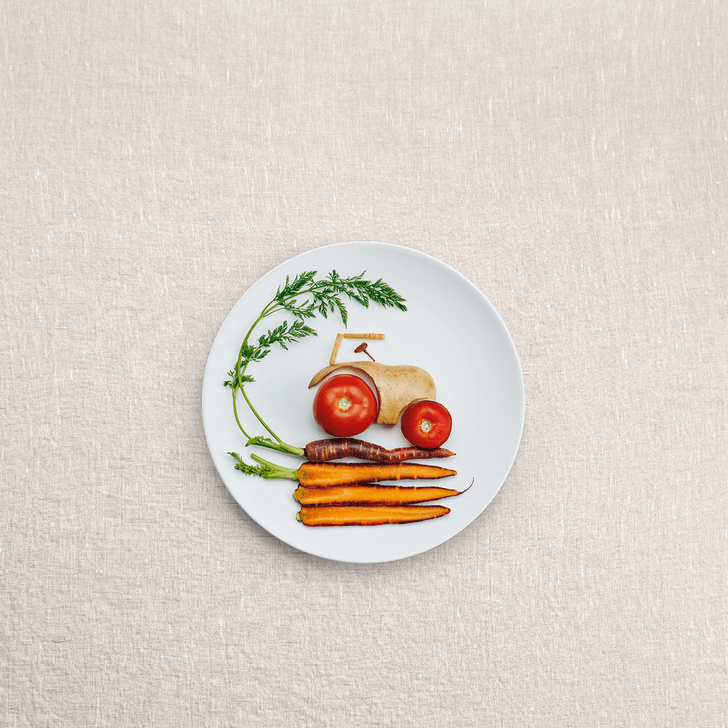

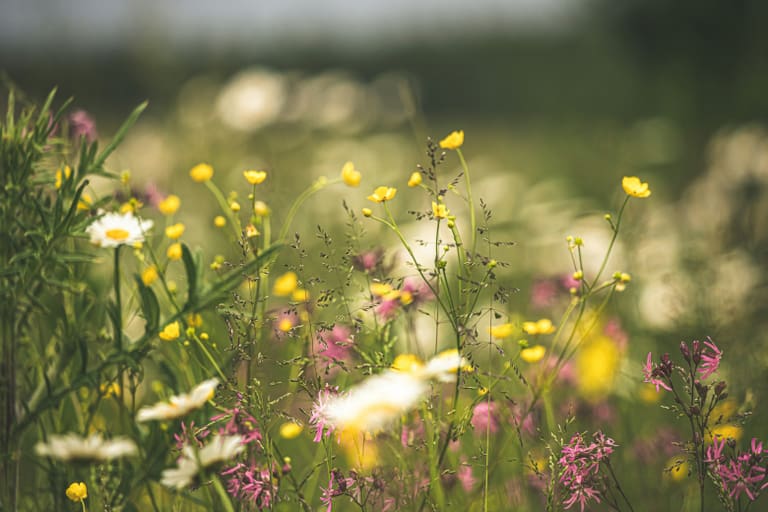
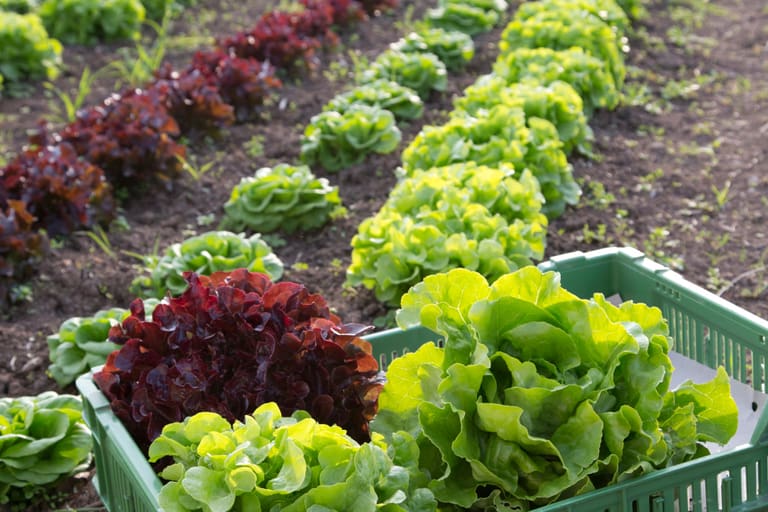
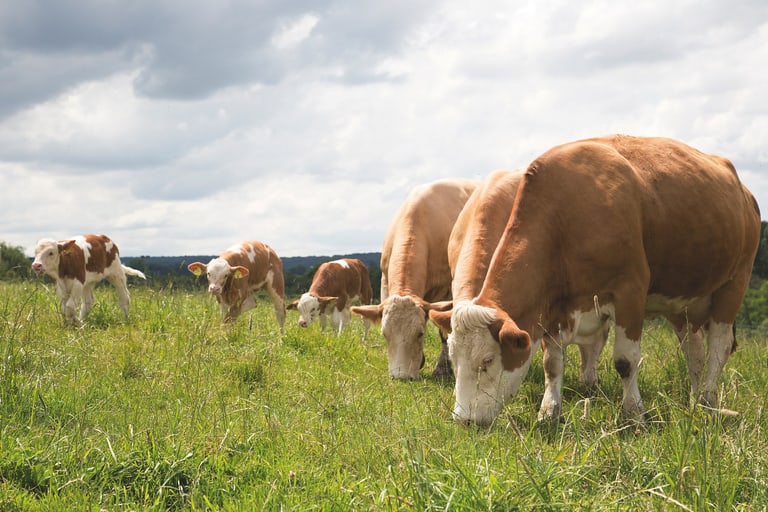
.jpg)

.jpg)
